The Future Leaders Awards program is brought to you in partnership with PointClickCare. The program is designed to recognize up-and-coming industry members who are shaping the next decade of senior housing, skilled nursing, home health and hospice care. To see this year’s future leaders, visit https://futureleaders.agingmedia.com/.
Abhishek Vadalia, director of growth and partnerships at Honor, has been named a 2021 Future Leader by Home Health Care News.
To become a Future Leader, an individual is nominated by their peers. The candidate must be a high-performing employee who is 40-years-old or younger, a passionate worker who knows how to put vision into action, and an advocate for seniors, and the committed professionals who ensure their well-being.
Vadalia sat down with HHCN to talk about the personal experience that led him to home care, industry fragmentation and the evolving role of technology.
HHCN: What drew you to this industry?
Vadalia: For me, it was a personal experience that drew me to the industry.
As I was finishing up med school, my father was diagnosed with spinocerebellar ataxia. This is a neurodegenerative disease that often leads to loss of complete control over the bodily movements as the disease progresses. So seeing him struggle, seeing him get this diagnosis and then learn there are no adequate pharmacological treatments that existed, it was really difficult on our family.
Without any adequate treatment options, lifestyle management and healthy dieting is one of the only approaches to help mitigate the cognitive decline. At the time, I knew nothing about the home care industry — or its impact on elderly well-being. But as my dad’s disease progressed, we needed to get more help with his care. We turned to home care, obviously.
Unfortunately, we struggled to find good home care agencies that met our specific criteria. And caregivers would often show up late, sometimes not at all, without any advance notice. They weren’t trained correctly, oftentimes. Sometimes a language barrier prevented him from getting the care that he really needed. We must have gone through at least 10 agencies before my mom left her job and became a primary caregiver for my dad.
A friend had actually introduced me to Honor around that time. The company was just getting started, but I fell in love with its mission of wanting to create a national standard of care, something that didn’t exist in the industry due to the fragmentation of the market. That all led me to Honor because they were making a difference on a larger scale. And because I could help families like mine.
What’s your biggest lesson learned since starting to work in this industry?
That’s a great question. One of the things I’ve learned, which I didn’t fully grasp when I first started, was just how fragmented this industry is. There are so many agencies that work in their silos, too, rather than collaborating to make it better for everyone.
I’ve learned how antiquated the industry is. I’ve also learned more about how home care can actually help improve health care outcomes.
Having said that, it’s changing now, which is great to see. There’s lots of innovation and opportunities in the aging space. I learn something new every day. There’s never a dull day in this industry. People are working not only toward the direct care side, but things are also improving on the technology side. And overall, there’s a huge potential to continue to make positive changes in this industry, so more seniors can benefit from in-home care and support.
If you could change one thing with an eye toward the future of home-based care, what would it be?
How can we become advocates for caregivers, right? And help improve and professionalize their careers. It’s very rewarding work, but people are not choosing this line of work right now because it’s not as enticing. This is one of the things that actually attracted me to Honor because it’s in our DNA to professionalize the care industry.
One of the simple signals of that is we call all of the caregivers “Care Professionals,” or “Care Pros,” if we’re using shorthand. That’s just to elevate the work that they’re doing in the industry. Outside of that, as a company, we’re also giving them the tools they need, the training they need, so in turn, they can be successful at their job.
We have a huge opportunity to push different sectors within this industry to help elevate caregiving, whether it’s a government-playing role, whether it’s through schooling, whether it’s different paths that draw awareness to this line of work. Collectively, we all have to do better because we all know we have a shortage today, and we have to make current caregivers successful, so ultimately we can attract more caregivers to the industry.
That can not only help us grow the Care Pro supply, but it can support the growing older population. We can improve the care that we’re providing to the seniors that want to age in their own homes.
What do you foresee as being different about the home-based care industry looking ahead to 2022?
The pandemic has definitely shifted things, I would say that.
The shift we’re seeing is that people are more receptive to technology. Older adults are now playing bridge online or virtually. They’re joining Zoom bingos. They’re FaceTime-ing more with their families, so on and so forth. But there’s a great comfort with technology that previously didn’t exist with the aging population. They’re more inclined to have access to technology, too. And through that, it actually opens up the door for us to build more tools that create better care experiences. And as we all know, technology helps create more human experience. I think we have a great chance to leverage technology as we think ahead in the future.
In a single word, how would you describe the future of home-based care?
I’m going to just piggyback off of my previous answer: “transformative.”
We’re at a pivotal point. People are more open to technology due to the pandemic. This can help us solve for inefficiencies that exist in this industry. But it can also help us scale. We have a rapidly aging population, and we have to move quickly to help transform the care that is being provided within the home care setting.
If you could give advice to yourself looking back to your first day in the industry, what would it be and why?
Based on my personal story and experience, I came in extremely frustrated. I just didn’t realize how complex and challenging home care was on the back end. There are so many moving pieces. You have to recruit the right caregiver. You have to schedule the caregiver that matches the client, making sure they show up, making sure they’re being trained correctly. Then you have to do billing, and the list goes on and on. So much goes into delivering great care in the home.




